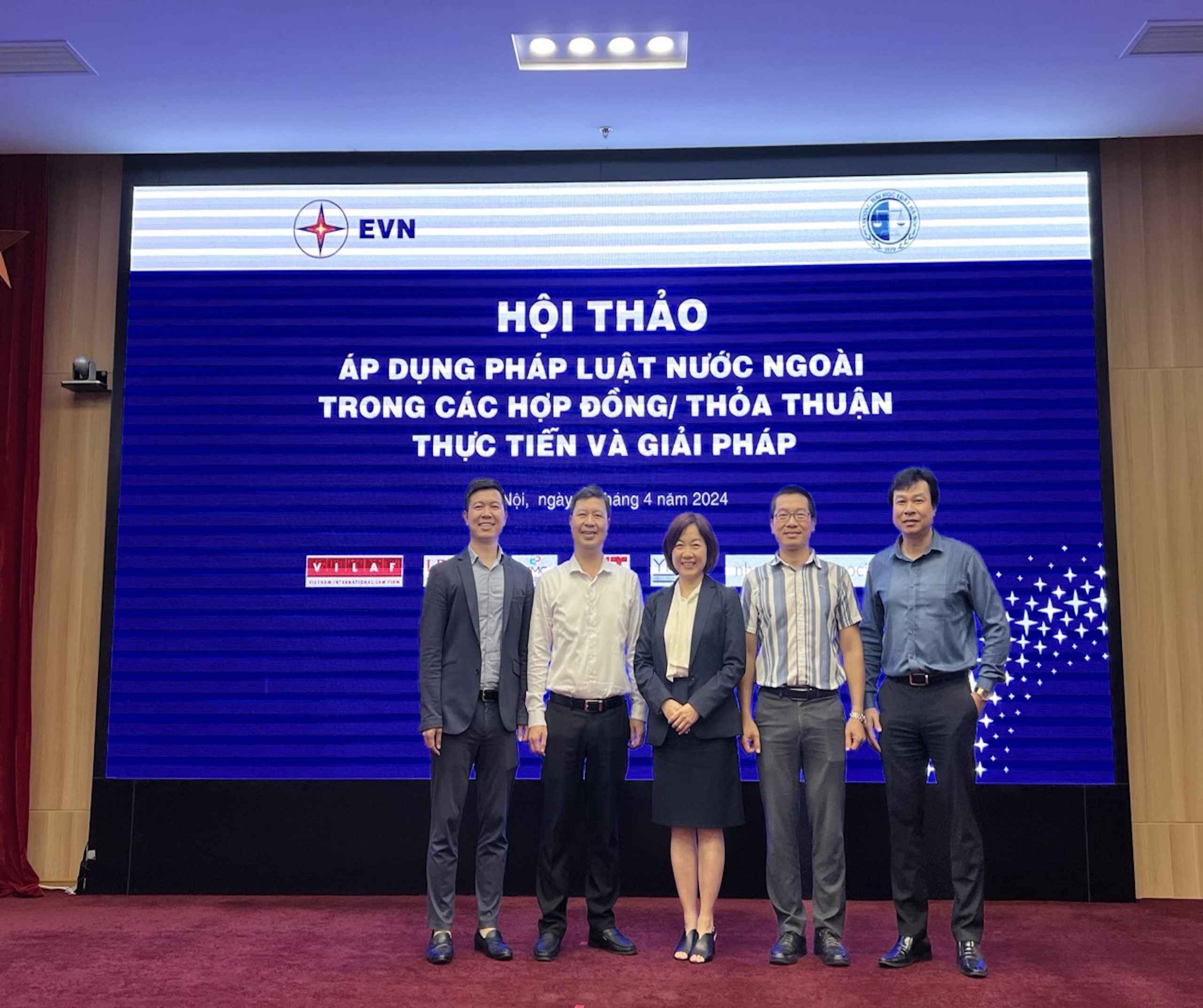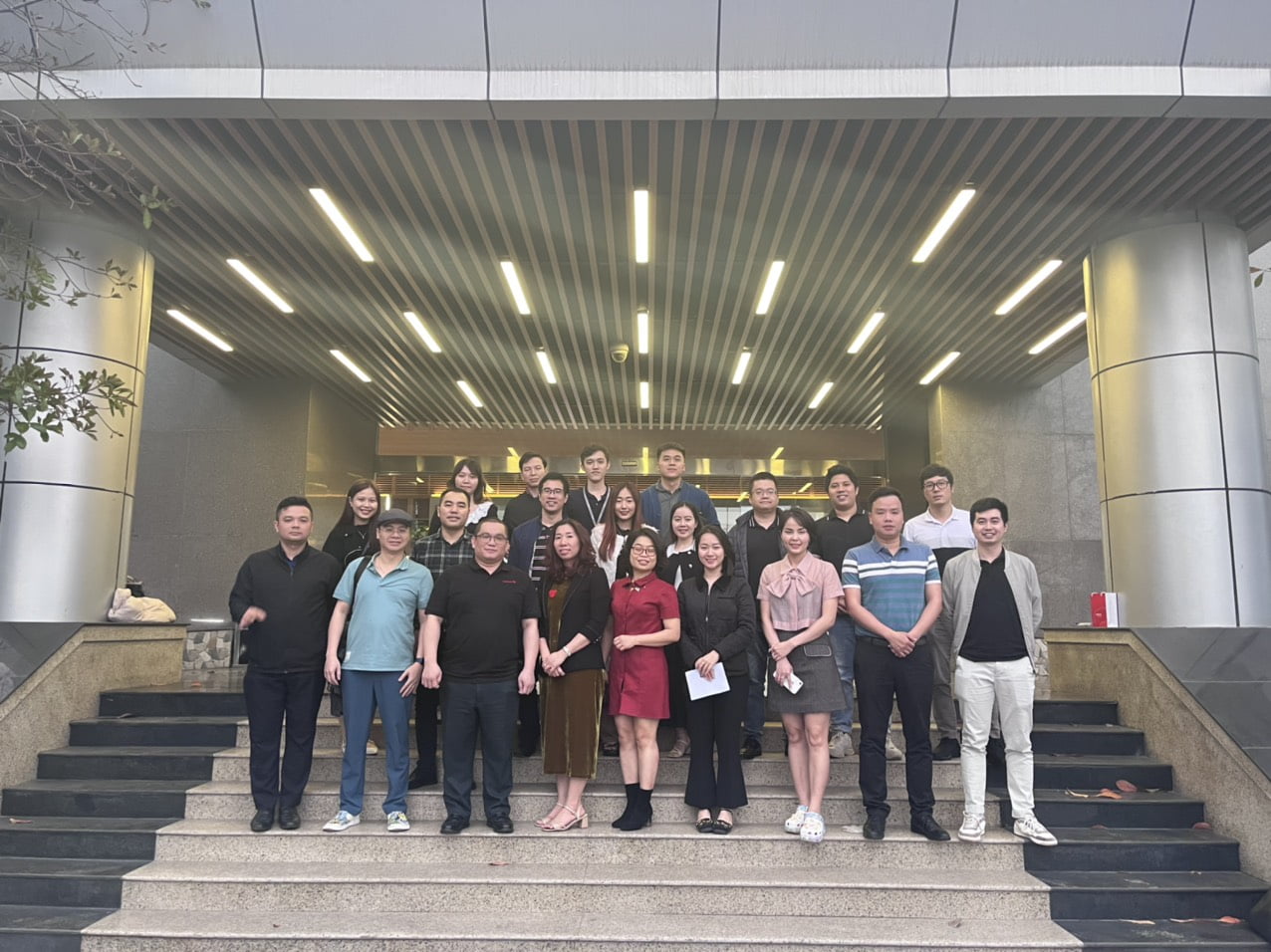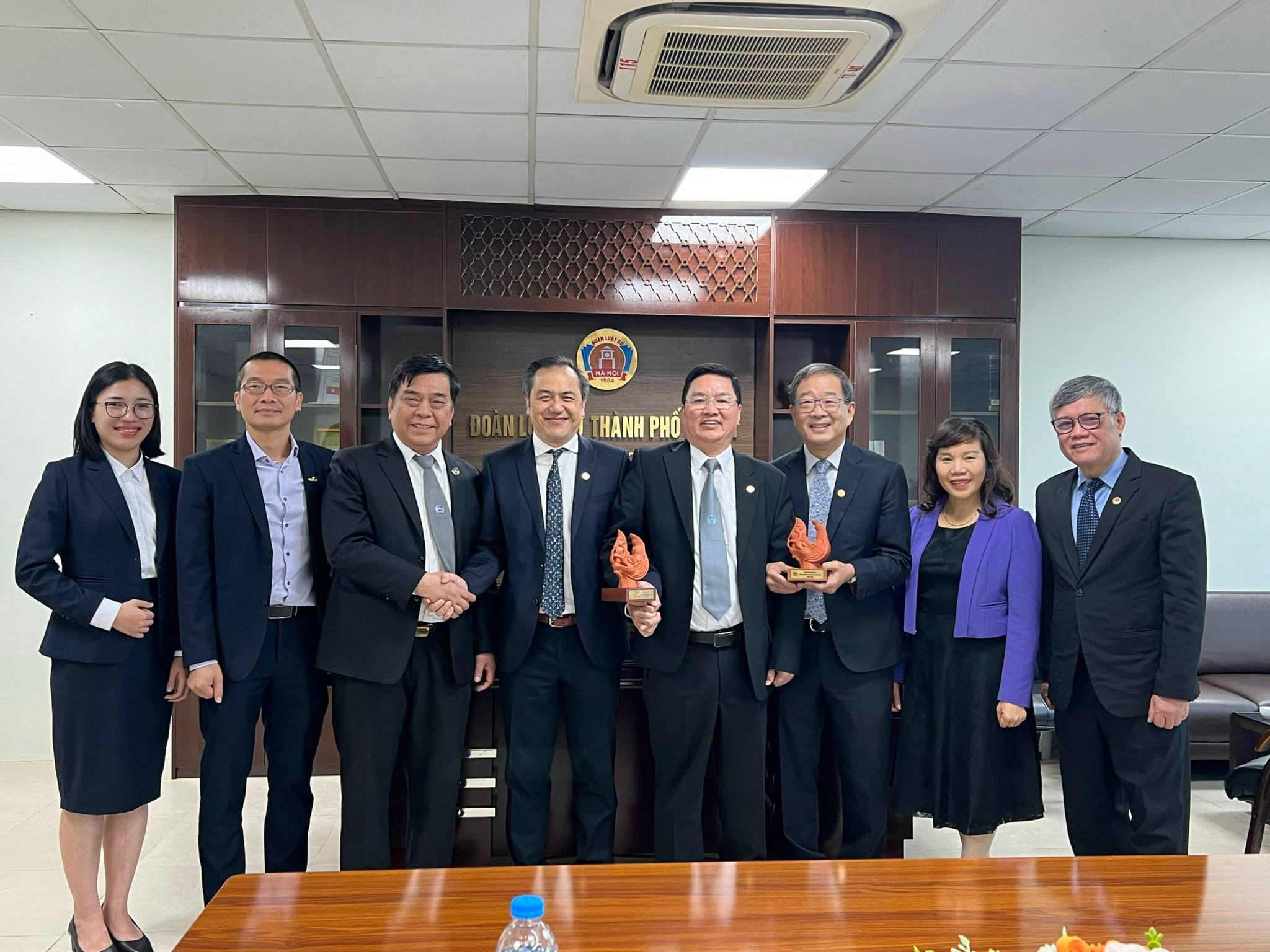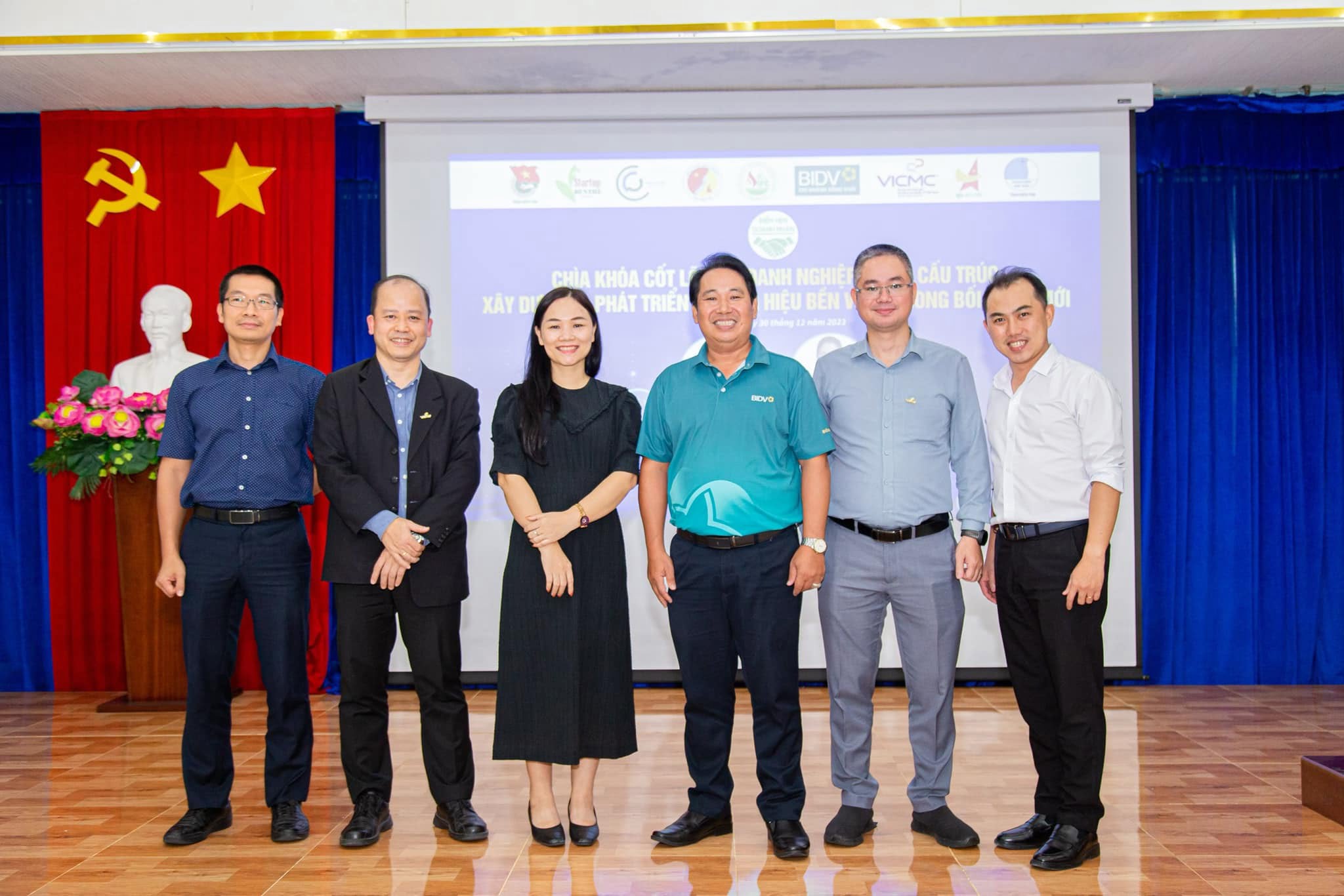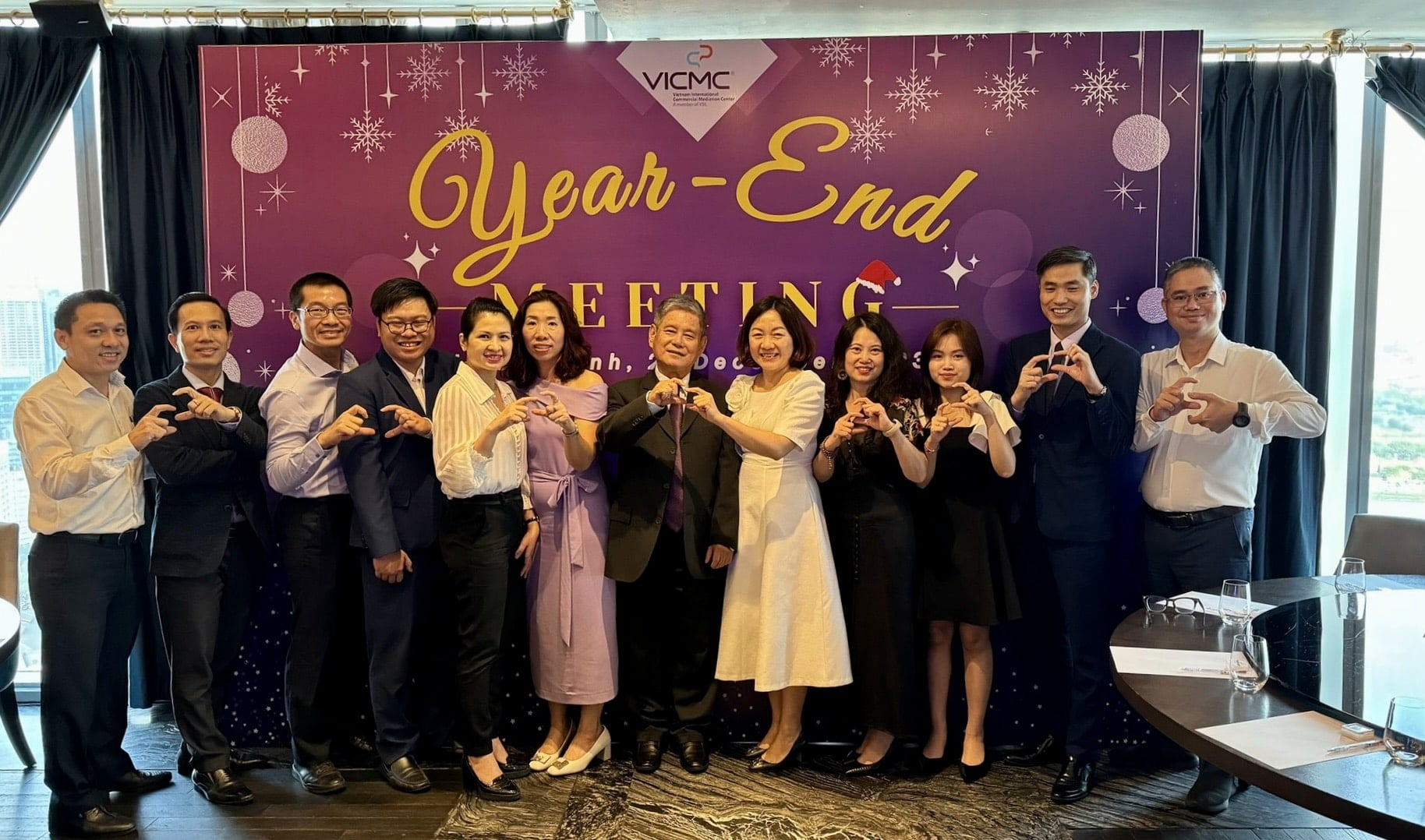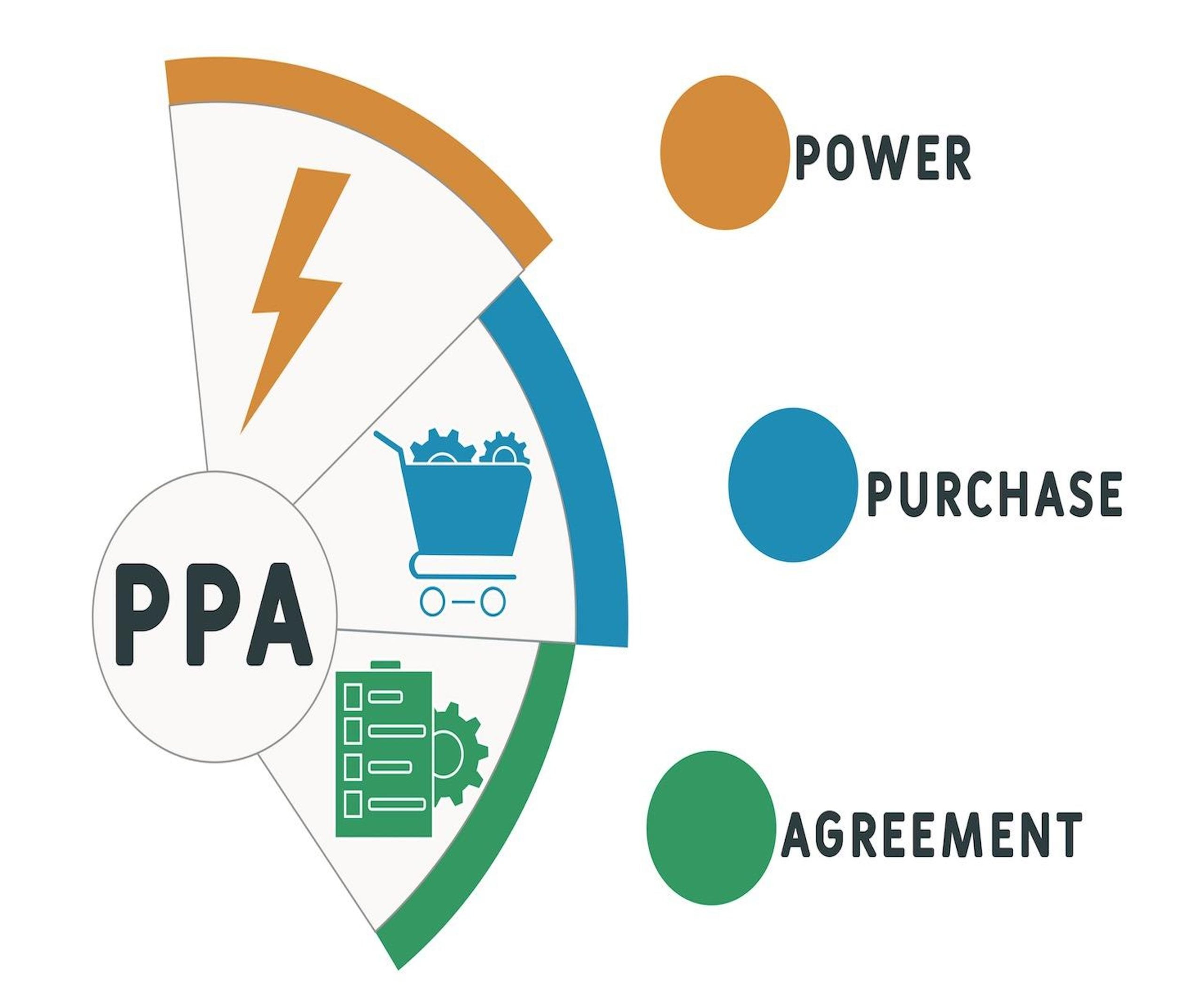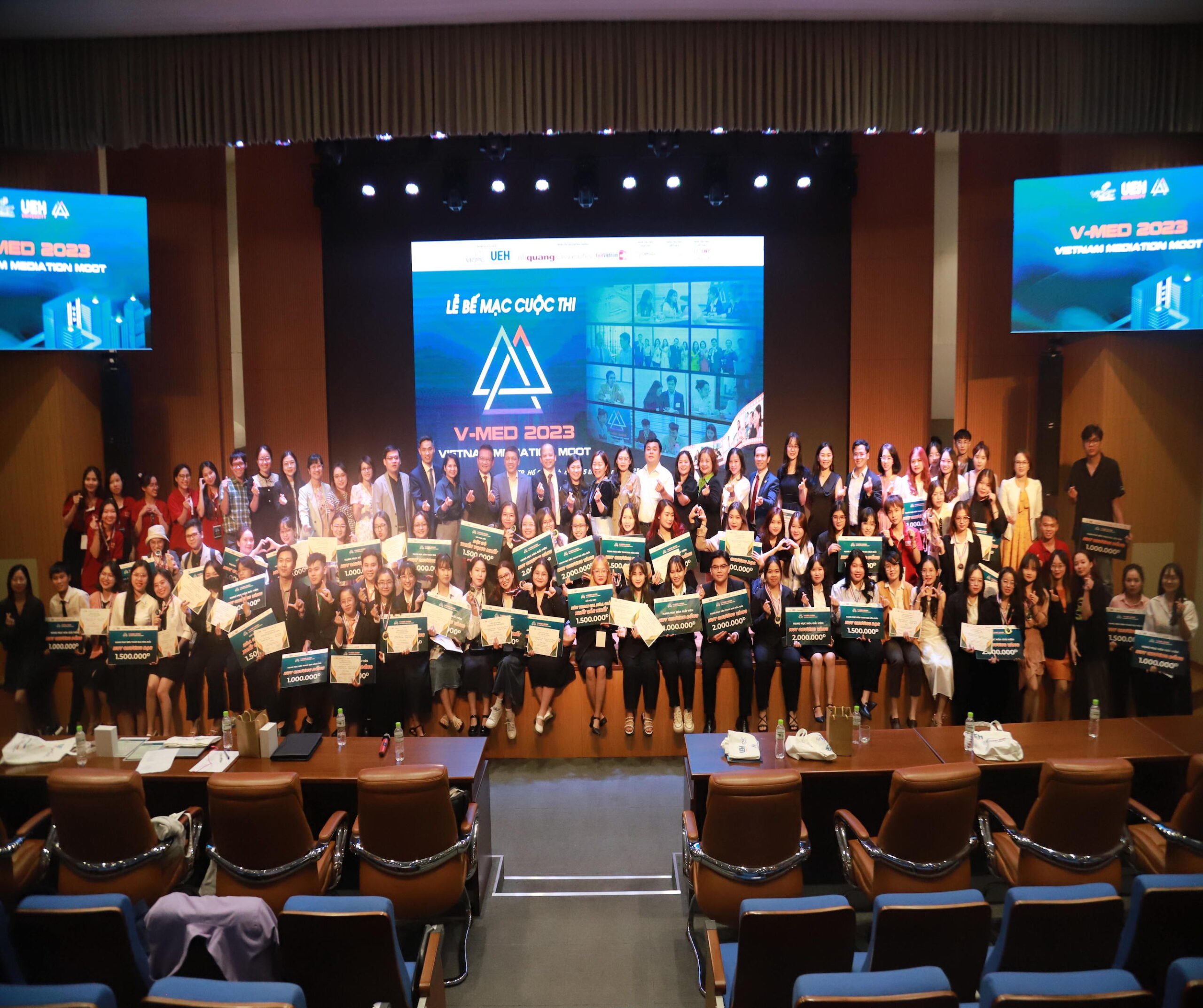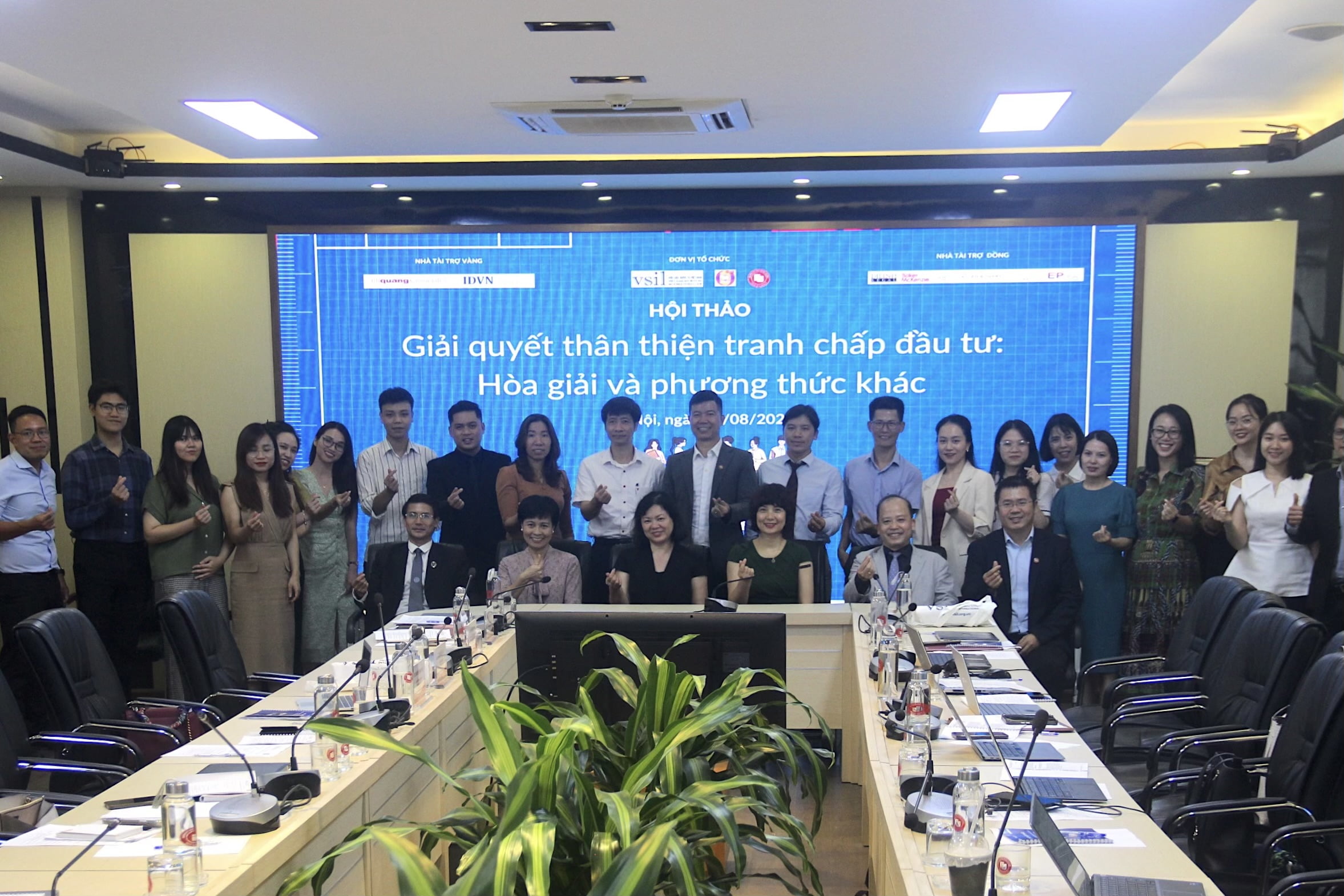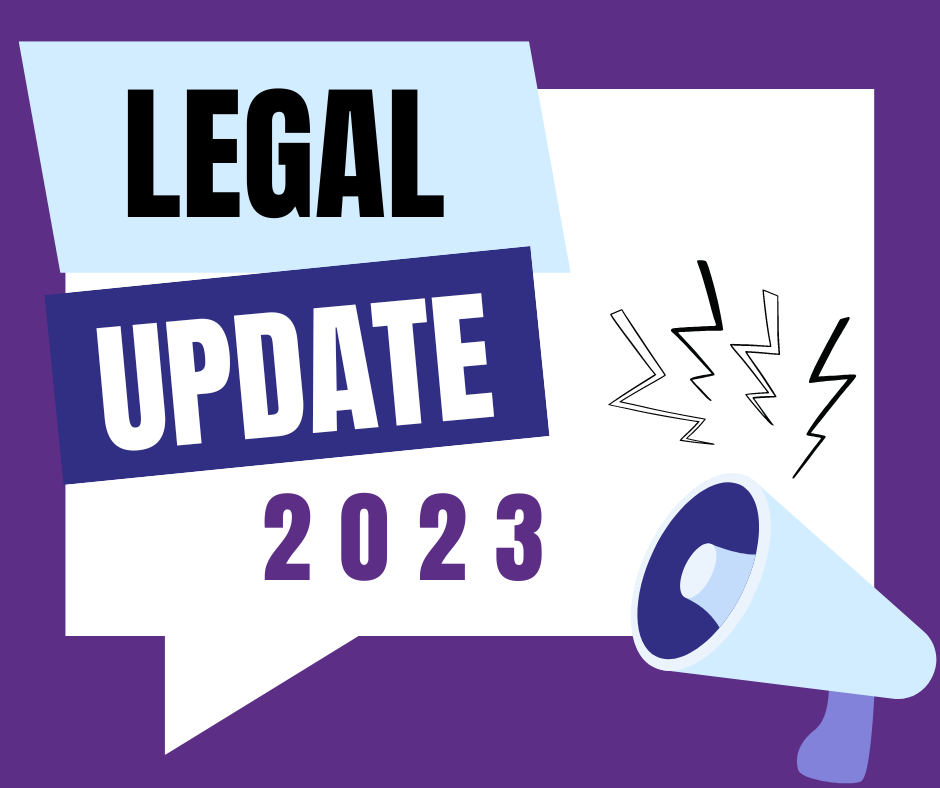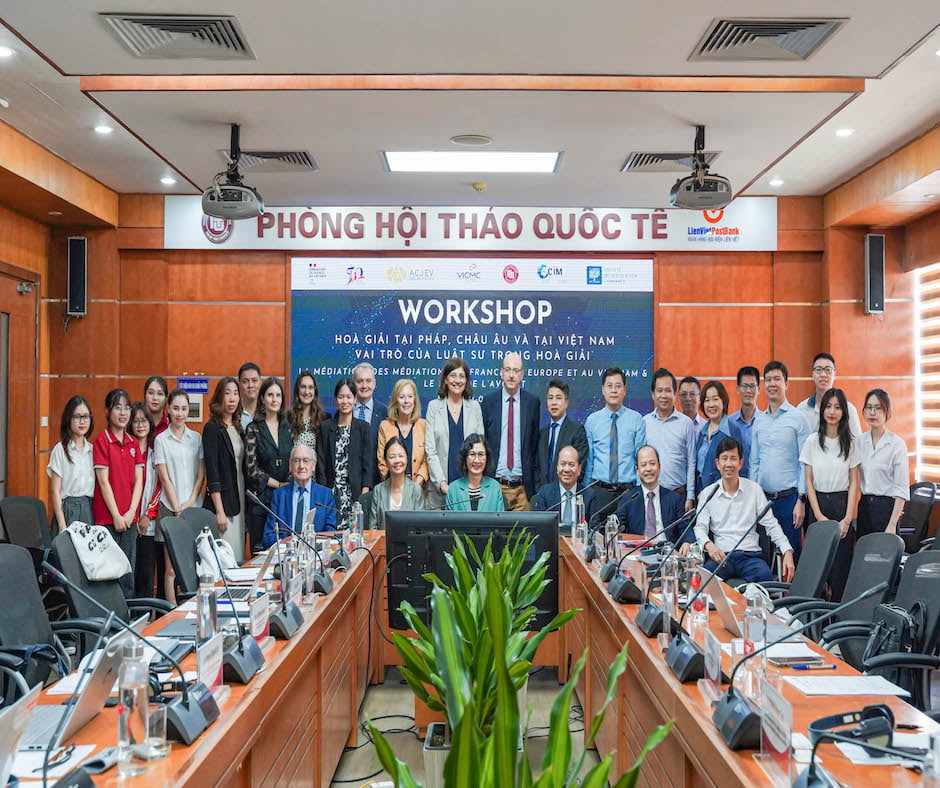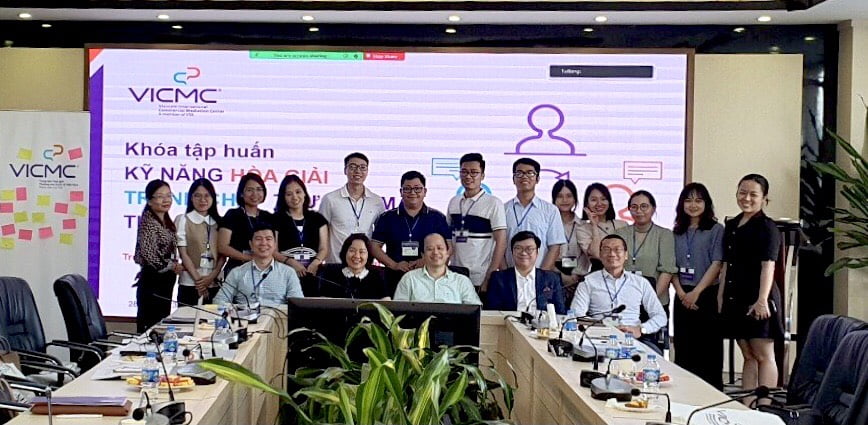The Covid-19 pandemic affected every aspect of the lives of individuals, organizations, and businesses. Projects and constructions are not out of the common context. Many disputes have occurred between the parties in the construction contract, between the investor and the contractor, between the main contractor and subcontractor … What are the solutions for businesses, investors, and contractors to cope with the effects of Covid-19?
We had a quick interview with Mr. Nguyen Nam Trung, who is a mediator of the Vietnam International Commercial Mediation Center (VICMC) and team leader of Vietnam Construction Law and Contract Group.

Question 1: Affected by the quarantine and social distance orders issued by the Government to deal with Covid-19, many contractors in construction contracts cite the provisions of force majeure events to temporarily stop working, request an extension of the contract performance period corresponding to the time affected by force majeure events and request the investor to pay the costs incurred due to such extension. Does the contractor have the right to review such quarantine and social distance orders to deal with Covid-19 as a force majeure event?
Answer: The Contractor may consider the Covid-19 pandemic or actions to deal with Covid-19 such as quarantine and social distance orders (the latest is Directive 16 / CT-TTg) are force majeure events for the Investor and the Project Manager to consider. However, to consider whether it is a force majeure event or not, it is based on three important factors: (1) The specific provisions of each Contract, (2) the Laws applicable to that Contract, and (3) the actual effect of the Covid-19 pandemic on Contract performance.
Specifically, if the investor and the contractor signed a construction contract under a short form issued by the International Association of Consulting Engineers first published in 1999 (also known as FIDIC Short Form or Green Book), force majeure is defined as comprising the following four constituent factors: “The force majeure clause means (1) an event or an abnormal situation beyond the control of one party, (2) ) that party cannot reasonably predict before signing the contract, (3) it has happened which it cannot reasonably avoid or resolve and (4) is practically not attributable to the other party.”
Comparing this provision with the provisions of the legal documents in Vietnam, particularly the Civil Code 2015 in Article 156.1, the force majeure event is different in two important points.
Firstly, it is the Civil Code 2015 that defines three important factors to determine whether it is force majeure or not, including (1) an event that happens objectively; (2) unpredictable; (3) irreparable despite all necessary measures and permissibilities.
Second, the level of request for remedies is different: if the 2015 Civil Code requires “to apply all necessary measures that the ability allows”, in this Contract, the requirement is only to apply use “reasonable” measures.
Similarly, if the contract is subject to specialized laws, namely Circular 30/2016/TT-BXD or Decree 37/2015/ND-CP, the provision of “force majeure also has different from the Contract under the FIDIC Short Form or different from the Civil Code 2015.
In addition, the consideration of Covid-19’s influence must depend on each specific situation of the dispute and the construction site. It should be noted that after the Prime Minister issued Directive 16 / CT-TTg, each locality had different measures depending on the disease situation in its locality. Accordingly, some localities require the closure of construction sites, while other localities allow the construction sites to continue operating but must ensure the prevention of epidemic requirements at the construction site. No site is like any other. Therefore, if at the site location, the local authority does not request to suspend the entire construction site, will the Contractor’s suspension of work be appropriate, and be considered a “reasonable” or not?
Besides, consideration should be given to whether the Contractor’s preventive action on site is entirely objective to the Contractor? For example, if the Contractor does not apply epidemic prevention measures that cause one / several workers to become infected, and that is the direct cause of site closure, then the Contractor has been deemed to be at fault and will not enjoy force majeure.
Our investigation of a number of judgments in Vietnam Court / Arbitration shows that dispute resolution agencies often apply very strict conditions for enjoying force majeure, and so a Party’s invocation Force majeure to be completely exempted from responsibility is not easy.
In other words, the Investor also needs to consider carefully and objectively evaluate the Contractor’s requirements, avoid the Contractor “borrowing the wind to break bamboo shoots”, using the disease situation as an excuse to suspend the contract and put pressure on the Investor. In case there is a reasonable basis to extend the Contractor, it is necessary to discuss the options to share the costs incurred reasonably with the Contractor.
Question 2: Due to the effects of the Covid-19 epidemic, some contractors have difficulty mobilizing personnel to the project, and lack of material supply due to the failure to import materials and equipment (especially from China), resulting in a delay in construction. The contractor thought that the delay was due to force majeure, but the investor did not agree and considered it as a basis for contract termination. In your opinion, how should such disputes be resolved?
Answer: As analyzed above, there are many grounds for determining whether the impact of the Covid-19 pandemic is a force majeure event. Therefore, the parties need to carefully assess the events occurring from which to avoid disputes being brought to Court or Arbitration.
Specifically, in this situation, it is necessary to consider whether or not the Contractor’s error factor is difficult to recruit workers and the shortage of raw materials.
Regarding human resource issues: There are two questions that need to be answered, namely: (1) is it really that the Contractor has difficulty recruiting or hiring employees; and (2) if so, is the Contractor’s fault in recruiting personnel?
Accordingly, to identify difficulties in recruiting personnel should be manifested through the implementation of Contractor’s labor policies during the Covid-19 epidemic. In fact, in order to maintain operations, minimize personnel costs, many contractors have negotiated, arranged to terminate labor contracts, or not through recruitment channels to hire suitable workers. suitable for works and projects.
Not only that, if the conditions of welfare, insurance, and protective equipment are not guaranteed by the Contractor, and that is the reason why the employees leave, but it is also the Contractor’s responsibility, and such scarcity of labor resources does not exempt the Contractor’s responsibilities in accordance with the Contract.
Similarly, for the issue of supplies and equipment for the project. There are at least 4 questions that need to be answered, that is (1) whether the materials and equipment have to be imported to serve the project or not; (2) whether or not such materials and equipment (from China) are imported; (3) Is the import or delay in the import of such materials and equipment an issue beyond the control of the Contractor (for example, does an export ban from the Chinese government really exist)? National, or import bans from the Vietnamese government, or a directive from the competent state authority to restrict imports and exports, and if so, the date of the order from which date, the level of how it affects the import of contractor’s materials; and (4) if it is not possible to import such materials from China, will the contractor be able to take alternative measures such as importing similar supplies from regional countries, or buying similar products in the country at similar or similar prices. In addition, for such export/import contracts, it is important to note that obtaining the competent authorities’ certifications of the prohibitions/restrictions during the Covid-19 epidemic affects contract performance. If any of the above questions is the Contractor’s responsibility, it is unreasonable to use the Covid-19 epidemic as a basis for the Contractor’s delays.
Therefore, the solution to such disputes will depend on the awareness and evaluation of the parties with respect to the facilities and evidence submitted by the Contractor. The next depends on the will of the parties whether they want to continue to perform the contract or not.
If the Contract is terminated (whether by any party and whether it is terminated properly or not in accordance with the provisions of the Contract), the two parties need to negotiate terms of termination, issues of payment of the work. The Contractor has performed, the site was handed over, the payment of fines or damages. As the Investor, you will have to find a replacement contractor and must consider the additional time and cost to do this. In the position of the Contractor, consideration shall be given to termination-related responsibilities such as repayment of advances, contract performance guarantees, termination of subcontracting contracts, supply contracts. etc. Therefore, if there are grounds to prove that the delay is entirely or largely due to problems from the Covid-19 epidemic, the Investor should consider creating conditions for the Contractor to continue completing the Contract with specific negotiations on deadlines, schedule delays or cost adjustment changes due to the purchase of supplies from elsewhere at a higher price.
Question 3: The Covid-19 epidemic has a great influence on the real estate business, causing many investors to breach the contract such as delayed payment, or even stop implementing the project. The Investor cited the force majeure reason due to the Covid-19 pandemic. Can Covid-19 be considered force majeure so the Investor is exempt from liability?
Answer: It is impossible to deny the negative effects of the Covid-19 epidemic to the real estate business, directly to the Investor. The effect of Covid-19 on the Investor is manifested in many respects, such as (1) the authorities are late in approving the Investor’s project files; (2) sales are hindered (due to a lack of crowds); (3) Source of revenue from buyers, tenants interrupted, etc. However, in comparison with the provisions of force majeure in current Vietnamese law, the Investor will, to a certain extent, see the effect of Covid-19 as a force majeure event and due to it will be difficult to be exempt from performing obligations to the Contractor, specifically in the following aspects:
Firstly, Covid-19 cannot in fact prevent or hinder the Investor’s payment approval to the Contractor, therefore Covid-19 cannot make the payment impossible. Secondly, although the Investor encountered financial difficulties as mentioned above due to Covid-19, those difficulties only had an indirect impact on the Contract performance. Thirdly, the failure to manage the cash flow for payment can also have different reasons, such as the use of proceeds from the implementation of the project being used for wrong purposes, expenditures. High operating costs, ineffectiveness, or the use of large financial leverage put pressure on the cash flow to pay contractors (rather than Covid-19 and not directly from the problem). Covid-19). Fourth, even if the project is no longer implemented (under the unilateral decision of the Employer), the Employer must still pay the Contractor the work performed by the Contractor under the Contract. Fifth, according to the provisions of the law on real estate business, the implementation of the project must have a bank guarantee.
Of course, under the pressure of Covid-19, the Investor can completely consider to cite Article 420 of the 2015 Civil Code on the situation of fundamental changes to serve as a basis for negotiation, contract adjustment, extension project schedule and payment schedule. The outcome of negotiations depends on the goodwill and interests of both parties.
Question 4: The Covid-19 epidemic may cause quite a lot of disputes between the Investor and the Contractor, or between the Main Contractor and the Subcontractor and the invocation of the force majeure regulation for Covid-19 is not always satisfied parties. Therefore, do you have any advice for the parties?
I personally think that disputes are unavoidable in the current situation. However, it is important for the parties to find a solution to continue the Contract. Termination of the Contract should probably be the last thing to consider and should be the result of mutual consent. In order to do this, the spirit of goodwill and cooperation is the most necessary for all parties.
Specifically, contractors need to have specific discussions with subcontractors, suppliers, and their human resources to accurately assess the impact of the Covid-19 pandemic on implementation. The contract has since garnered the most support from its subcontractors, suppliers and human resources. After such specific discussions, it is necessary to evaluate in detail the progress of the Contract to propose improvement solutions to accelerate or to optimize costs (such as using cheaper materials but still keep the standards of the project) with the Investor.
For the Investor needs flexibility in project management and contract management, the proposals of the Contractor and consultation of the Project Management should be considered. At the same time, it is necessary to create confidence for the Contractor in payment, such as discussing cash flow plans during the Covid-19 epidemic, proposing exemption or reduction of interest due to late payment, or only pay interest if the late payment exceeds a certain period of time. In any case, the plan to use economical materials and materials that still meet the technical requirements of the project or approve the contractor’s initiatives and improvements (Value Engineering) should also be considered.
In other words, although there are certain difficulties, if the parties are interested in the benefits of continuing to perform the contract, then in a spirit of goodwill, cooperation, mutual benefit, the parties will be able to gain reasonable benefits that within the permitted limits can satisfy the most urgent problems of each party, thereby resolving all issues arising. In the case of this Covid-19 epidemic, if the parties can find a solution for time (such as extending the schedule, or executing it at a reasonable rate), then the cost problem arises from that time extension can be shared and properly addressed.
Question 5: If the two sides, despite having goodwill negotiating, but for various reasons, cannot find a common voice, then what is the solution?
As analyzed above, if the parties are unable to negotiate (whether negotiating to continue to perform or terminate the Contract), suing immediately is not a wise solution in the current situation. In other words, resolving disputes by Court or Arbitration will only be the last direction when there is no other solution. Taking legal proceedings to the Court can take years, causing a lot of time and legal costs for both parties. For example, a dispute between Vinawaco and Investor Holcim, the two sides spent more than 10 years in litigation, underwent 6 trials (from first instance to appellate to cassation and then back again first instance, appellate, and cassation). In the end, the Plaintiff still has nothing from the Investor.
In addition to the Court and Arbitration, there is still an effective and effective method for resolving disputes that parties should not ignore, which is mediation. Mediation is an appropriate solution in resolving commercial disputes in general and construction disputes in particular in the context of Covid-19 today. In fact, in addition to the limitations of the method of dispute resolution by Court or Arbitration, the opportunity for the parties to consider using mediation is always available when there is one or some of the following factors:
(i) First, the parties are keen to resolve quickly but cannot negotiate with one another; or
(ii) Secondly, the parties are willing to find solutions for themselves and their partners and maintain future trade relationships, or even to keep their image in the market;
(iii) Thirdly, all parties find that suing a Court or Arbitration is inappropriate in the current situation, costly and time-consuming;
(iv) Fourth, one Party acknowledges the practical (though more or less) effects of Covid 19 on contract performance or on damages which have occurred to one or both parties. It may seek opportunities to exchange interests for one another to overcome the effects of Covid-19;
The most important thing about using dispute resolution through Mediation and the support of the Mediator is that both sides will understand their position and that of their partners, ready to share risks, losses and costs together as well as having the opportunity to mend business relationships, together to overcome pandemics. When using mediation to resolve their disputes, the parties will find there are more than one way to resolve the issues that arise and the legal position of each party sometimes does not play an important role.
Moreover, under the current regulations on commercial mediation, the document of successful mediation results between the parties shall take effect for the parties; and because the successful mediation document is established on the basis of voluntary will – a solution that the parties find themselves, it is also a solid basis for the parties to continue their business relationship.

